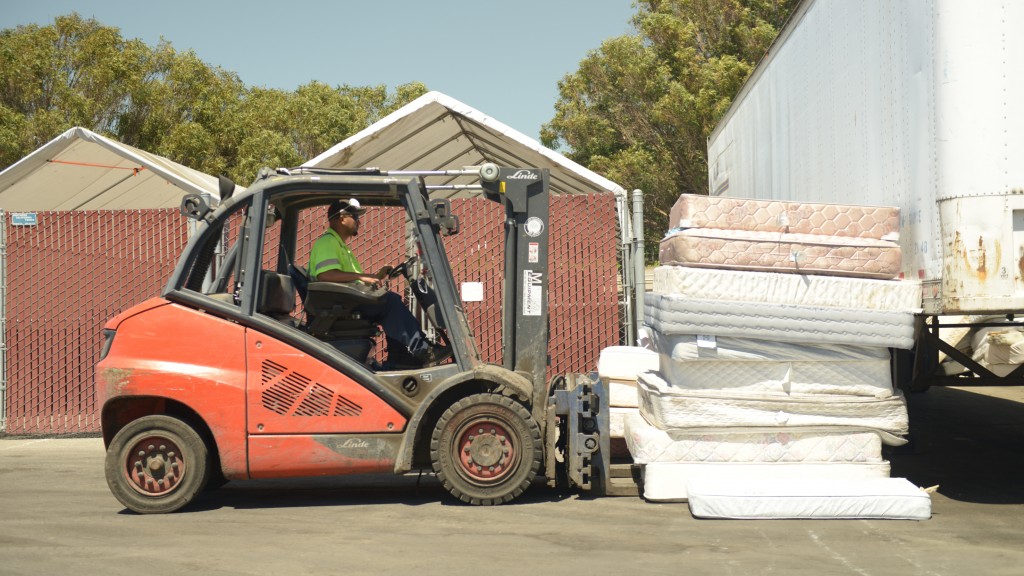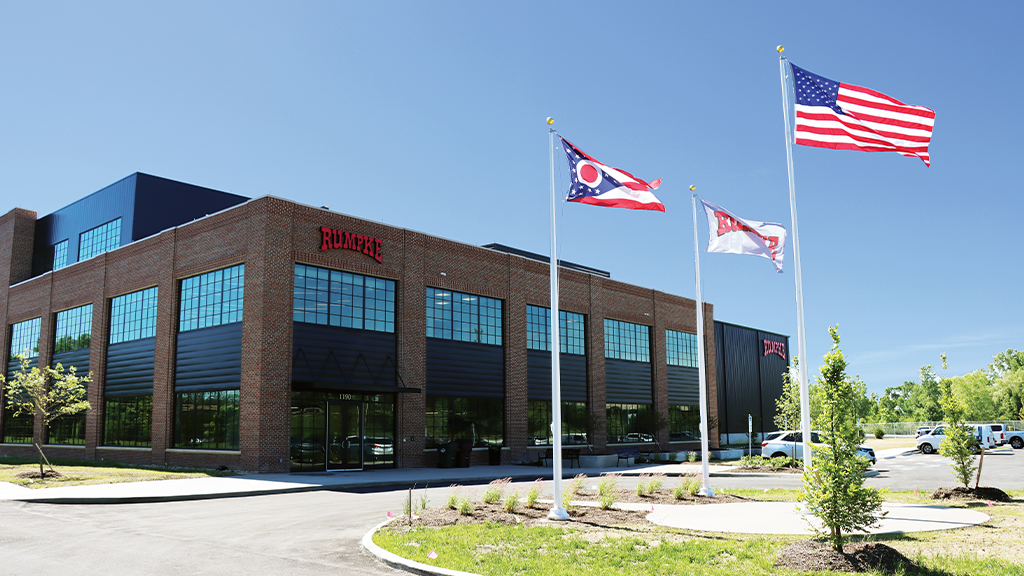MRC and Knoble partnership to increase the recyclability of used mattresses
New patents and technology to advance recycling of pocketed coils

The Mattress Recycling Council (MRC) has completed a sponsored research project with Wisconsin-based Knoble Design LLC to explore a novel approach for recycling pocketed coils, resulting in the successful construction of a small-scale machine that demonstrates the approach.
Project findings are detailed in a final non-confidential report and demonstration video available here: mattressrecyclingcouncil.org/research-reports/.
"This is an important development for MRC's research program and the advancement of pocketed coil recycling, resulting in the creation of four new provisional patents and the potential for new technology to increase the recyclability of used mattresses," said Mike O'Donnell, MRC Managing Director.
Pocketed coils are one of the most challenging components to process in mattress recycling operations. These metal coils are individually encapsulated in either polypropylene or woven cotton fabric sleeves or pockets and then assembled into units using ultrasonic welds, stitches or adhesives. MRC estimates that pocketed coil mattresses represent at least 25% of the current recycling stream, with each unit containing between 250 and 1,000 individual spring coils.
"When a mattress is deconstructed, the pocketed coil layer is easily separated from other components. However, it is impractical for recyclers to manually separate the individual coils from their pocketed sleeves," O'Donnell explained. "Existing technology to effectively separate the fabric from the metal requires metal shredding systems that are expensive to purchase and maintain. In addition, most metal scrap dealers will not accept unprocessed whole pocketed coils because the fabric is a visual and problematic contaminant. Without an effective solution, recyclers will landfill pocketed coils."
The goal of MRC's research project with Knoble Design was to develop a low-cost, automated prototype machine to efficiently separate the metal coils from the polypropylene pockets without destroying either material. Preliminary studies found it feasible to process pocketed coil mattresses at a rate sufficient to handle the output of a typical recycler.
The fully automated prototype machine created by Knoble Design is available for demonstration and achieves a purity of each output stream greater than 99%. The final confidential report describes key technical findings, an economic assessment and the business case to develop a commercial scale machine.
"While more work is necessary to bring this concept to commercial scale, it is an excellent start toward developing an affordable and innovative pocketed coil recycling solution. Our hope is that mattress industry suppliers find enough merit in the work to carry the development further," according to O'Donnell.
Parties interested in exploring the technology and machine design specifics in greater detail are encouraged to contact Jesse Knoble at Knoble Design LLC directly at http://www.knobledesign.com/.
For more information about MRC's research efforts, visit www.mattressrecyclingcouncil.org/research.



